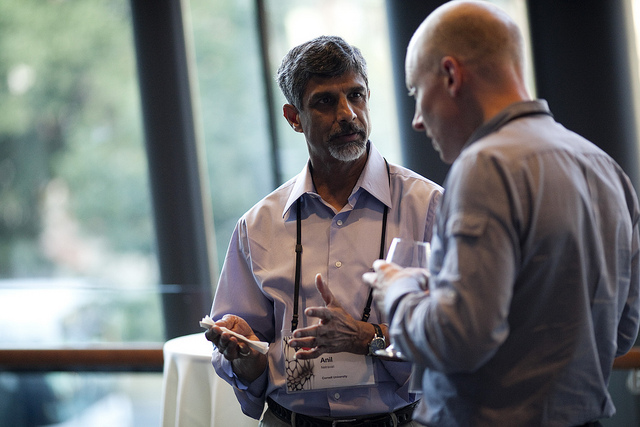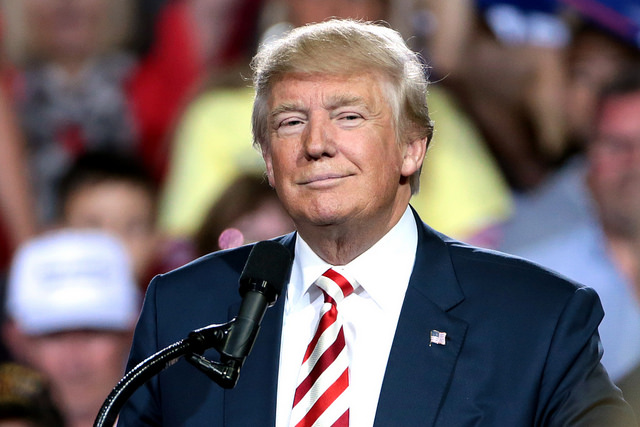What are some alternatives to the H-1B visa?
So, you’ve applied for the H-1B visa, and by now you are well aware that the cap has been reached. You may be wondering what you will do if you are not selected in the lottery. Have no fear, we have you covered on your Plan B.
In this post, we breakdown the alternatives to the H-1B visa that allow foreign nationals to live and work in the United States.
1. The O-1 “Extraordinary Ability” Visa:
This visa type is for aliens of extraordinary ability in the sciences, education, business, athletics, motion picture, television, or arts industries who have received national and/or international acclaim in their field. An alien on an O-1 visa may live and work in the United States for a period of up to three years.
In order to be eligible for this visa type you must demonstrate that you are an alien of extraordinary ability in your field. Applicants must hold an advanced degree (at least a master’s) to demonstrate a high level of expertise in their field, and have received international or national acclaim in their fields as evidenced by awards and other international or national recognitions received. Individuals who are leading experts in their fields, and have written extensively in their fields, receiving notoriety for their publications are also great candidates for the O-1 visa. Membership in prestigious professional associations which require outstanding achievements from members are extremely helpful when applying for the H-1B visa, as well as evidence of scientific, scholarly, or business-related contributions that are considered of major significance in the field.
2.TN Visa for Mexican and Canadian Nationals
Under the North American Free Trade Agreement, Canadian and Mexican nationals may apply for a TN visa to live and work in the United States. To be eligible the TN visa applicant must work in a profession approved under the NAFTA program for a U.S. employer. Dependent spouses and unmarried children under the age of 21 can live in the United States under a derivative TD visa.
 Visa Lawyer Blog
Visa Lawyer Blog











